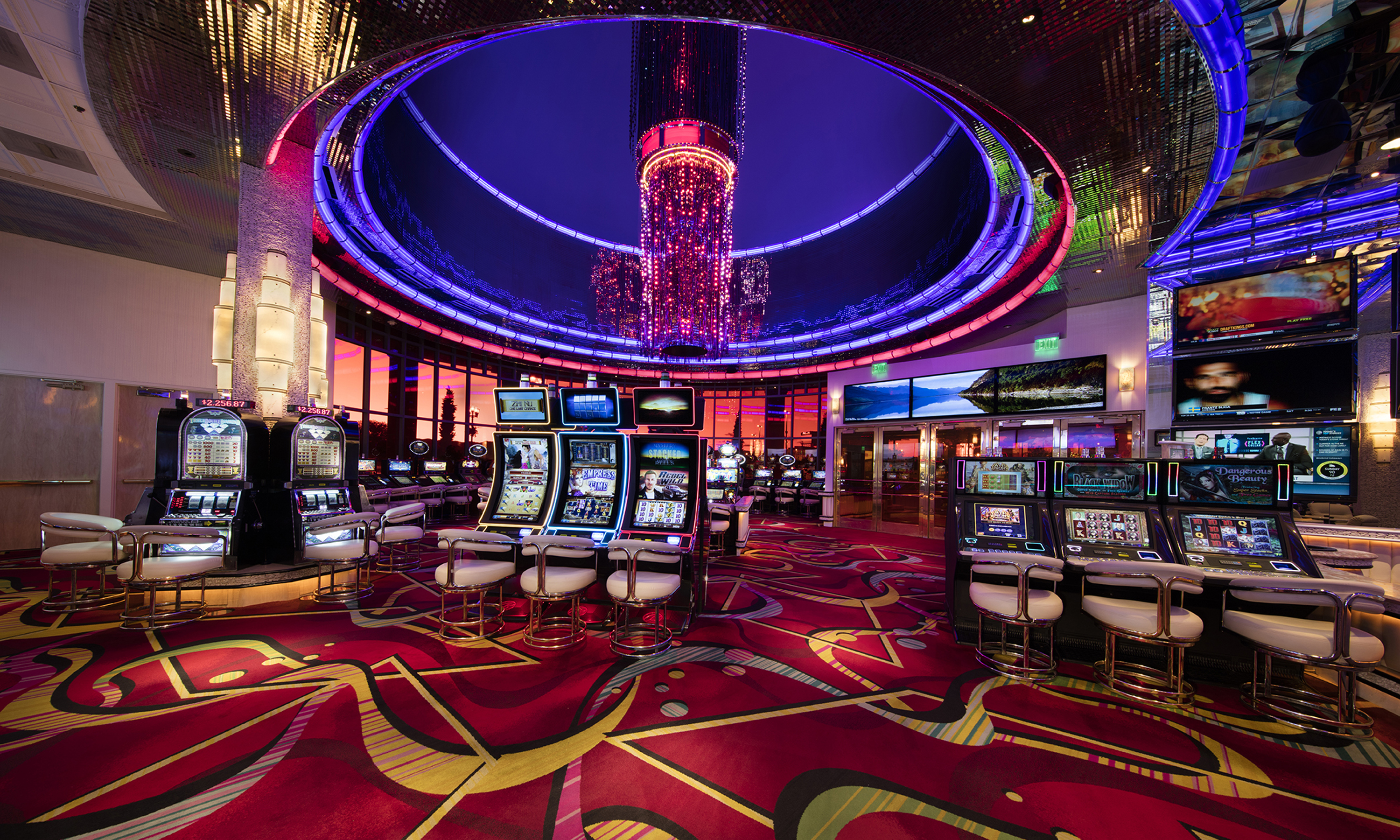
Gambling games have long captured the interest of people around the world, becoming an important part of both entertainment and tradition. From the sparkling lights of the Vegas Strip to the captivating experience of internet gambling, these experiences evoke enthusiasm, danger, and sometimes even a sense of sentimentality. They are more than simply hobbies; they have woven themselves into the texture of our lives, influencing everything from film and music to clothing and writing.
The charm of casino games goes beyond the wagering aspect, tapping into broader themes of fortune, chance, and psychology. As players gather around a poker table or spin the roulette, they engage in an ancient ritual that resonates with our collective desire for excitement and uncertainty. This obsession has led to the emergence of countless references in movies, songs, and video games, showcasing how deeply entrenched these pastimes are in popular culture. Whether it is the pressure of a traditional robbery film or the lively nightlife portrayed in videos, casino games have created a substantial place that reflects our relationship with risk and reward.
Historical Significance of Casino Games
Casino activities have played a pivotal role in social aspects throughout the ages. Originating from ancient civilizations, games of chance were often linked to rituals or events. For instance, early forms of gambling can be traced back to historic China and the Roman Empire, where dice games and betting on outcomes were common pastimes. These activities not only functioned as entertainment but also as means of social interaction, facilitating relationships among individuals within communities.
As societies evolved, so did the complexity and organization of gambling games. The establishment of official casinos in the 17th century, particularly in Italy, marked a significant shift in how games were perceived and organized. With designated spaces for gaming, the casino became a community center where patrons from various backgrounds convened. This change contributed to the validation of the industry, transforming it from a mere pastime into an organized industry that influenced the economy and policy.
The effect of casino games on mainstream culture cannot be understated. As they were brought into the limelight in literature and film, games such as Texas Hold’em and blackjack became icons of risk, chance, and strategy. Famous figures and stories have developed around these activities, reflecting societal views towards fortune, wealth, and immorality. This fascination with gambling games has permeated various forms of entertainment, solidifying their status in the collective consciousness and linking them to wider cultural narratives throughout history.
Representation of Gambling Games in Entertainment
Casino activities have long been a popular topic in various forms of media, reflecting both the excitement and intricacies of the world of gambling. Films such as Ocean’s 11 and Casino Royale portray figures who navigate high-stakes environments, showcasing not only the attractiveness of the gambling environment but also the methods and judgments that come with playing popular games like poker and blackjack. These films often dramatize the thrill of winning and the potential repercussions of losing, encapsulating the risks involved in betting.
TV programs have also explored the universe of gambling activities, often integrating them into the narrative as a context for story progression and drama. Series like Las Vegas depict the stories of gambling employees and patrons, highlighting the lively, often disorderly energy of the casino floor. Reality shows featuring high-stakes betting contests further emphasize the fascination of gambling activities, drawing viewers into the tension and tactics involved in each round. Through these representations, media not only entertains but also stimulates conversations about fortune, skill, and the character of randomness. https://69vn.travel/
Gaming have increasingly included gambling activities into their development, allowing players to recreate the experience of gambling without monetary loss. Titles within the landscape of digital gaming often include online slot machines, online poker, and other popular casino games, creating an interactive experience that mirrors actual casino experiences. These virtual portrayals make casino games accessible to a worldwide viewer base, appealing to both gamblers and those who enjoy the excitement of simulation. As a result, the representation of gambling activities in media continues to shape cultural attitudes and cultural relevance, highlighting their role in society and culture. 69VN
Effect of Gambling Activities on Society
Casino games have a significant impact on communities, affecting various facets of culture and interpersonal behavior. They often function as a platform for community engagement, where people gather to experience a common experience. Casino trips with friends or trips to casinos become group events that build connections and create shared moments. This communal aspect boosts the entertainment value of casino games, making them a favored choice for festivities and recreational pursuits.
Additionally, casino games have been portrayed in countless films, TV series, and literature, influencing views and opinions towards gambling and gaming. Icons like James Bond competing in baccarat or the intense poker scenes in films have embedded these games in the shared imagination. This representation often glamorizes the culture associated with gambling, attracting new players and influencing trends in both fashion and behavior. These portrayals can ignite curiosity and lead to a deeper investigation of the nuances of gambling.
Nonetheless, there are also negative implications associated with the popularity of casino games. The temptation of quick monetary gain can lead to problem gambling and financial troubles for some people. Society must contend with these issues, advocating for responsible gaming and awareness of the dangers involved. Balancing the fun aspect of gambling activities with the potential for harm is crucial to ensure that they remain a positive aspect of our cultural landscape.